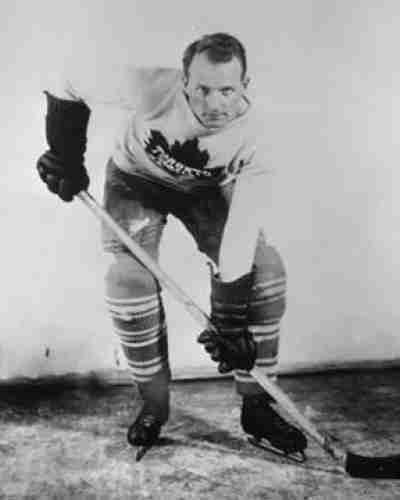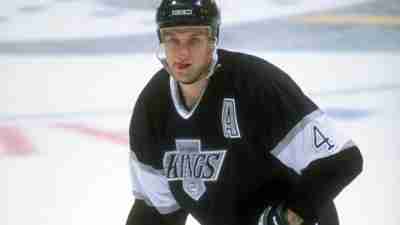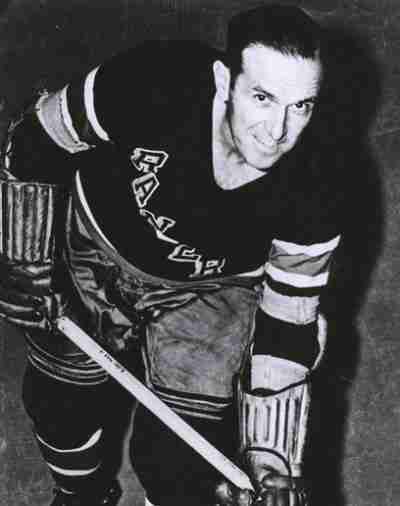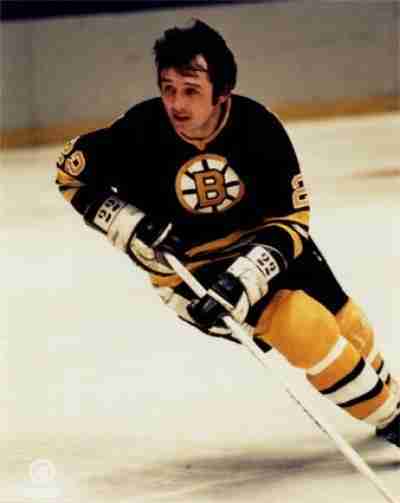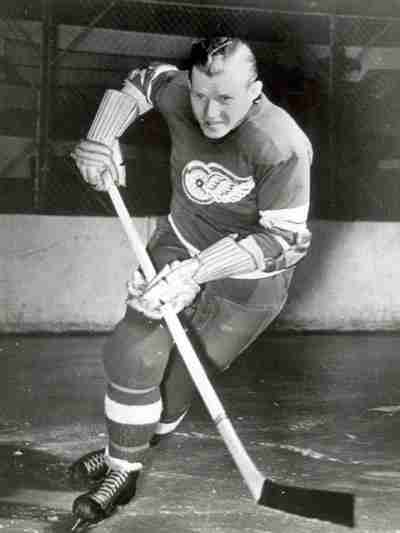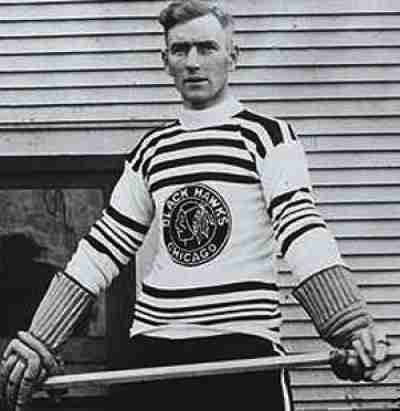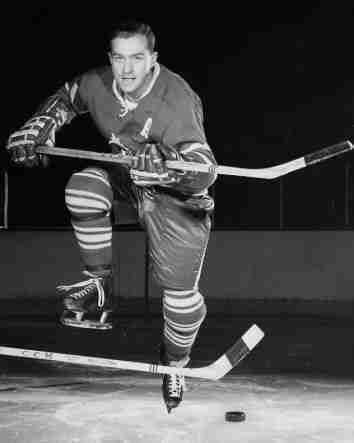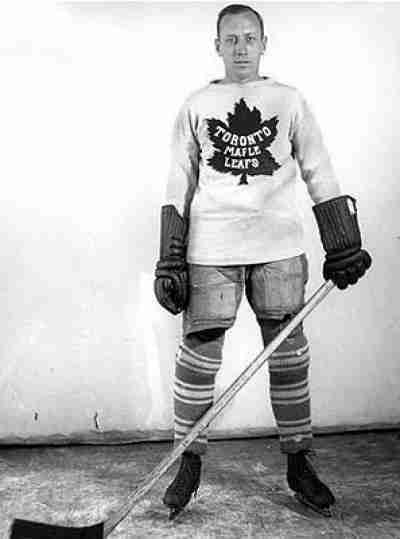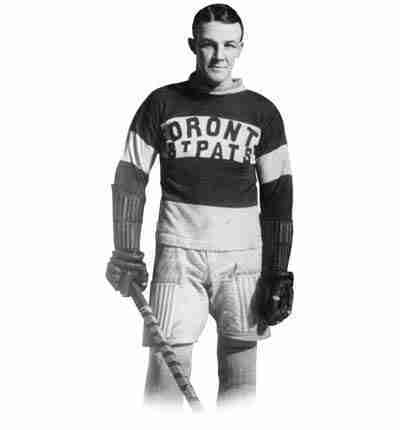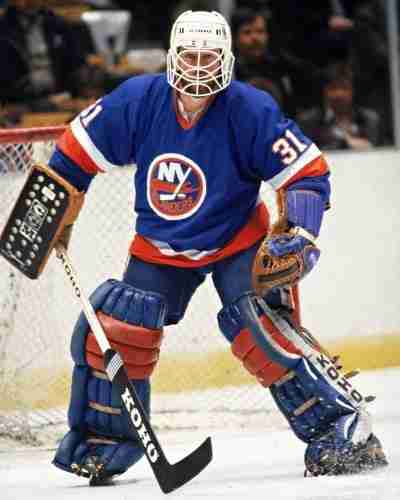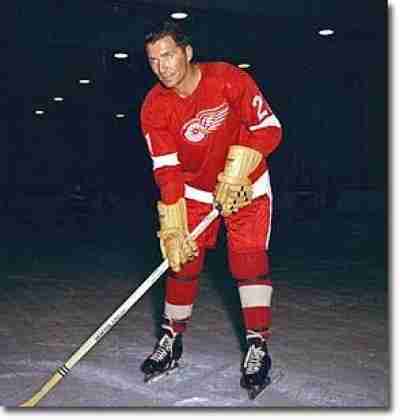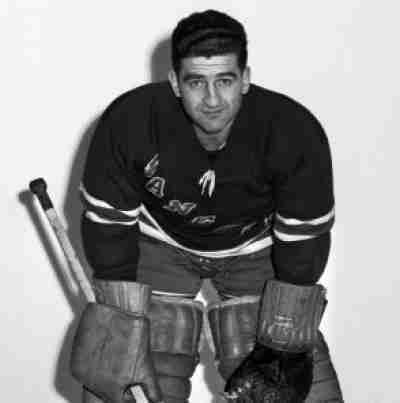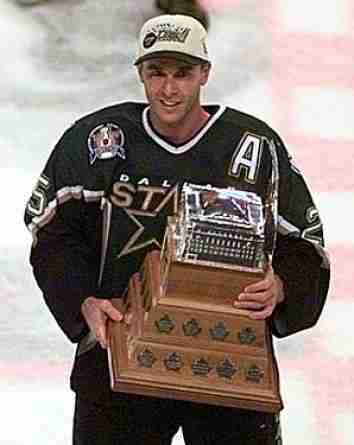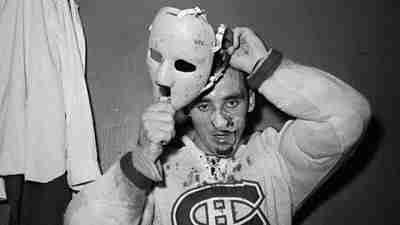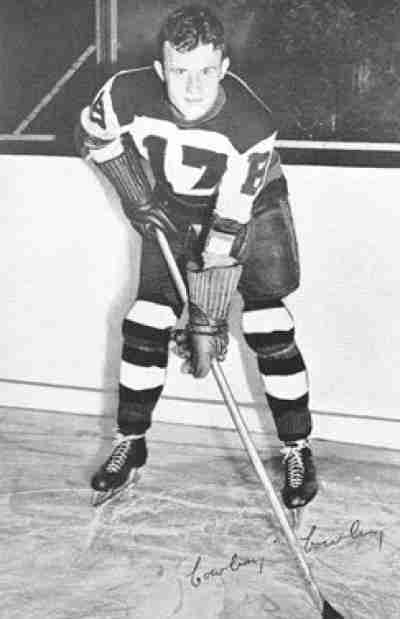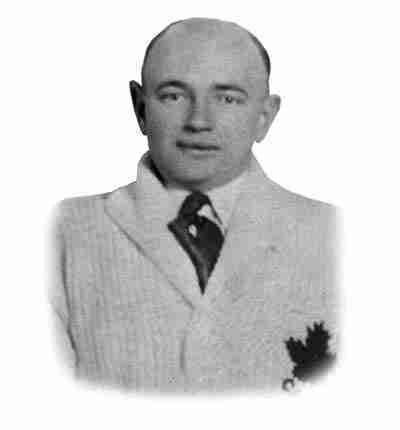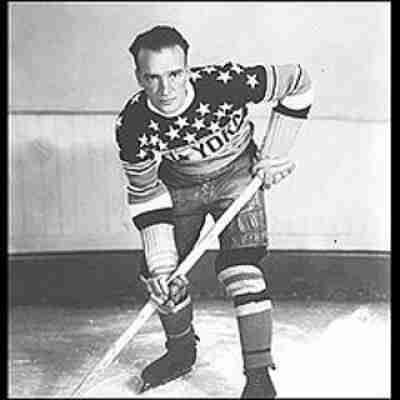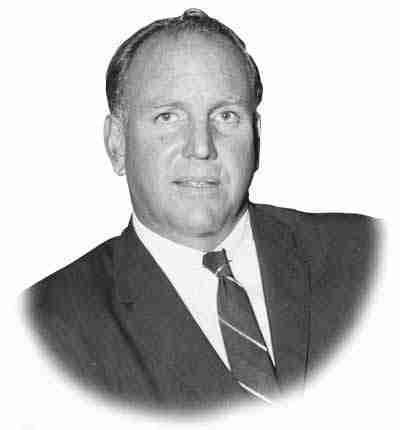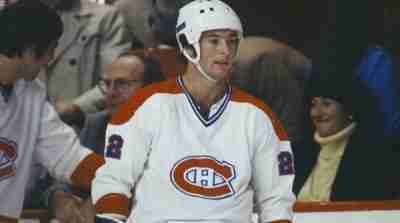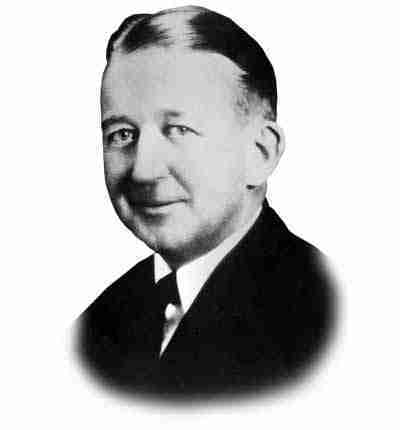Current Hockey Hall of Fame Inductees (383)
Outside of the province of Ontario, how many people are aware of the city of Kingston? Let’s take that a step further. How many outside of Canada know about this place? We will wager that it isn’t a lot, and those that answer that they heard of it, probably are thinking of the version in Jamaica instead. Now had this city on the Northeastern corner of Lake Ontario remained the home of the Hockey Hall of Fame would it have developed a bit of an international flair or enhanced reputation? Maybe it would have been more of a staple of “Canadiana”, as Kingston is the home of the First Canadian Prime Minister, and the unofficial band of Canada, The Tragically Hip. Stands to reason that it would have been a great fit for the unofficial sport of Canada (it is actually lacrosse) and the official passion of the country.With the launch of the Baseball Hall of Fame, the sport of hockey looked to follow suit. Its biggest league, The National Hockey League had a core of seven teams (which was pared down to six in 1942, when the New York Americans suspended operations) was a healthy organization, and though it was only relevant in cold weather climates, it was a sport that already had a long history, and the coveted Stanley Cup; which was then (and still is) the most impressive trophy in the entire sporting world.
The biggest proponent of an institution recognizing hockey excellence was a Canadian named James T. Sutherland. Born in 1870 (in Kingston naturally), Sutherland played as much hockey as he could and was a member of the Athletic Club of Kingston which was part of what was believed to be the first organized league the sport had. He would later form the Kingston Frontenacs, who would participate in the Ontario Hockey Association and would eventually become the Leagues president. Captain Sutherland (a rank he would achieve serving for Canada in World War I) would create the Memorial Cup; a trophy honoring those who fought in the Great War and to be given to the top Junior team in Canada. Incidentally, this is still the same trophy given to the team that wins the post season tournament in the Juniors in Canada.
Once the National Hockey League and the Canadian Amateur Hockey Association agreed to mutually put together a Hall, Sutherland (who had also served as the President of the CAHA) fought for Kingston to be its home. It was not just because he was a native of the city, but because he legitimately believed that Kingston was the rightful birth of modern hockey (which is near impossible to prove). Regardless of where hockey began, Kingston was to be pegged as its home.
Although construction had yet to begin on the facility, the first class was selected in 1945 which inducted nine players. It also had a “Builders” category which honored those who helped develop the game. As we look at those who are inducted to this institution, we will do so chronologically. Let’s take a ride on Hockey’s highway shall we?
Clarence “Hap” Day may not have been the best scoring Defenseman in Hockey history, but he was part of dynamic tandem with King Clancy and was the Toronto Maple Leafs Captain for a decade. Hap Day’s natural leadership skills transferred well behind the bench and as the Leafs Head Coach he won five Stanley Cups. Despite being a demanding and detailed coach, he received the most from…
A former Norris Trophy winner with the Los Angeles Kings, Rob Blake was named a First Team All Star once and a Second Team All Star three times. Blake was a member of the Colorado Avalanche Stanley Cup Championship in 2001 as well as an Olympic Gold Medalist in 2002 for the Canadian National Team.
Landing with the New York Rangers after the demise of the PCHL may have been the best thing to happen to Frank Boucher. He immediately centered the Cook brothers (Bill & Bun) to form the “Bread Line” which was one of the most productive of the era. In addition to being a gifted playmaker (he led the NHL in assists three times) Boucher was a…
You would think that a five time First Team All Star would have won at least one Norris Trophy, but Brad Park had the misfortune of playing in the same era as Bobby Orr who dominated that award (and Denis Potvin later in his career). Park also had a lot of bridesmaid’s analogies with the Stanley Cup as despite playing for many good teams, he…
A very consistent producer for the Detroit Red Wings, Syd Howe (no relation to Gordie Howe) bounced around the NHL a bit before landing in Michigan. Howe was not just a good scorer; he was adept at penalty killing, playmaking and defensive checking. We almost wish that he didn’t have the last name of Howe, so that he would not be in the shadows of Gordie.…
When most hockey fans hear the name of Dick Irvin, they usually think of the legendary broadcaster. However, it was his father (who bore the same name) who was the on ice star.
Dick Duff was a very good player who was on six Stanley Cup winning rosters, but for a forward his overall points total was decent but perhaps not Hall of Fame worthy based on his era. However, his points per game increased in the post season, and he was a key contributor on many of those Cups, and not just a bystander. It is not…
Ace Bailey played his entire professional career with the Toronto Maple Leafs and in 1929 won the NHL scoring championship (as well as leading the league in goals). Bailey was very popular in Toronto and for a three year period was a top star for the Blue and White. His production declined sharply, but he was still effective in Toronto’s Stanley Cup win in 1932. Unfortunately,…
One of the most consistent scorers of his day, Reg Noble may have never led the league in scoring, but was often in the hunt. Noble was also a tough player and a proven winner. On three occasions he raised the Stanley Cup over his head with three different teams. He may not have been the best player in his day, but up and down through…
Every dynasty needs a solid Goaltender, and the early 1980’s New York Islanders had Billy Smith. The man who is credited as being the first netiminder to score a goal (he did so in 1979), shared the duties in the pipes with Glenn Resch, but he took over the number one duties for the Isles, and he proved his worth over and over in the…
Marcel Pronovost was an excellent stay at home Defenceman who was a big part of the Detroit Red Wings multiple Stanley Cup wins in the early 50’s. He was known throughout the league for his rough style of play, delivering devastating hits to offensive attackers, and taking his own share of punishment for the benefit of the team. Pronovost would become a regular participant to the…
Depending on whom you ask, the induction of Chuck Rayner to the Hockey Hall of Fame may be a bit of a curious one. Overall, Rayner’s career was not an extensive one (Interrupted by his service in World War II), but upon his return to the NHL, he did win the Hart Trophy and was a Second Team All Star three times. His other claim to…
Joe Nieuwendyk won three Stanley Cups with three different teams and though his role with each squad was different, he was a leader in all three. Nieuwendyk was an excellent goal scorer who was very good on the Power Play. His aggressive style caused him many injuries but also earned him a lot of respect throughout the NHL. His biggest moment was his 1999 Conn…
The dynasty of the late 1950’s Montreal Canadians had a plethora of scoring power, all of which felt comfortable to let it fly on the ice with the knowledge that Jacques Plante was in between the pipes. Plante is known for being the first goalie to regularly wear a protective mask, which seems to be what he is remembered mostly for. That may be an important…
The “Cowboy”, Bill Cowley was easily one of the top playmaking forward in his era. Cowley was a three time assists leader and a one time points leader who won the Hart Trophy twice; albeit in the World War II era whereby the talent in the league was reduced. Still, he did well in that era and good enough in the one that followed (and prior…
A star in the Ontario Hockey Association, Frank Rankin scored a plethora of goals for the Toronto Eatons and Toronto St. Michaels respectively. Perhaps it was as a coach that he achieved his greatest success as he led the Toronto Granites to consecutive Allan Cups, the latter of which allowed him to take his squad to represent Canada in the Olympics. Rankin won a Gold Medal…
Another somewhat curious induction to the Hockey Hall of Fame massive class of ’63, “Bullet” Joe Simpson may have gotten in just based on his cool nickname. Simpson was christened the “Bullet” due to his speed and his end to end rushes were known throughout the sport. Newsy Lalonde called him the greatest player ever (this may have also helped his induction) and he was a…
The youngest member of the Norris hockey family, Bruce Norris assumed sole ownership of the Detroit Red Wings in 1955 (after inheriting with his sister upon the death of his father, James E. Norris in 1952). Although the Red Wings were no longer the dynasty it once was, Norris refurbished the arena and continued to make going to see a Hockey game in Detroit a worthwhile event.…
A bit of a bubble inductee in our eyes, Steve Shutt was a very good offensive star for the Montreal Canadians dynasty in the 1970’s. The Left Winger was on a line with Guy Lafleur for a large part of his Habs tenure, and as such was rewarded with numerous scoring opportunities. Shutt led the NHL in goals in the 1976-77 season and three times…
An important builder in American Hockey (especially in New England), George V. Brown organized amateur Hockey teams in the Boston area and it could be said that his work helped professional Hockey to arrive in Beantown. Brown also helped to organize the U.S. squad that competed and won the Silver Medal at the 1924 Olympics.


